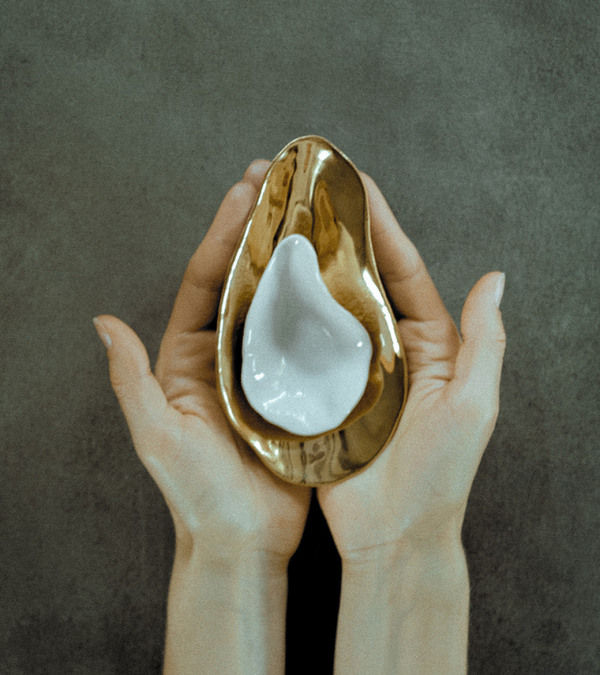Abraham Maslow was one of the earliest psychologists to focus attention on happy individuals and their psychological trajectory, and is most well known for his “hierarchy of needs.”
In his quest to understand human motivation and the pursuit of happiness, he formulated a list of basic human needs that had to be fulfilled for maximum psychological health. Through his interviews and studies, he came to categorise a hierarchical list of needs that need to be fulfilled for increasing life satisfaction:
- Physiological Needs - such as breathing, food, drink, sleep, sex, excretion are the first needs for human survival
- Safety Needs - economic, social, vocational, psychological security come after the basic needs
- Belongingness & Love Needs - as social beings, family, friendships and intimate connections are very important to humans. Having wider social connections and relationships are an important part of being happy
- Esteem Needs - as individuals, we naturally wish to excel or be exceptional, to be noticed for our unique talents and capabilities. Once one has some measure of self-esteem and confidence, one gains the psychological freedom to be creative and to grow as well as to be more generous to others
- Cognitive Needs - Maslow believed that humans have the need to increase their intelligence and thereby chase knowledge. Cognitive needs is the expression of the natural human need to learn, explore, discover and create to get a better understanding of the world around them.This growth need for self-actualization and learning, when not fulfilled leads to confusion and identity crisis
- Aesthetic Needs - based on Maslow’s beliefs, it is stated in the hierarchy that humans need beautiful imagery or something new and aesthetically pleasing to continue up towards Self-Actualization. Humans need to refresh themselves in the presence and beauty of nature while carefully absorbing and observing their surroundings to extract the beauty that the world has to offer. This need is a higher level need to relate in a beautiful way with the environment and leads to the beautiful feeling of intimacy with nature and everything beautiful
- Self-Actualization Needs - after all those needs are filled, self-actualised people tend to experience a steadier, grounded sense of well-being and satisfaction with life. According to Maslow, self-actualizing people perceive reality accurately; they have a sense of awe, wonder, and gratitude about life. They are not self-centered but rather problem-centered and focus on how to improve and are not deficiency-centered. They are independent thinkers and are not overly influenced by the general culture.
- Self-transcendence Needs - Maslow later divided the top of the triangle to add self-transcendence which is also sometimes referred to as spiritual needs. Spiritual Needs are a little different from other needs, accessible from many level. This need when fulfilled, leads to feelings of integrity and take things to another level of being.








